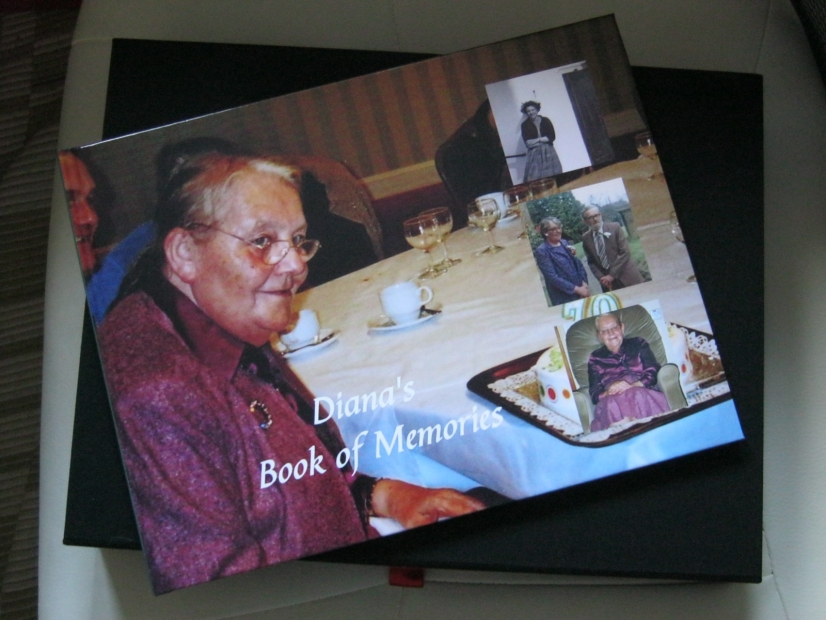Perhaps more overlap with Exodus, as we begin with instructions for the Passover - but wait, there is new material and intriguing details to ponder.
Keeping Passover
The importance of the Passover is such that no-one wnats to miss out - those who are excluded on grounds of ritual uncleanliness due to contact with a dead body ask to be made a special case. So two special cases are identified - those affected by bereavement and those who are on a journey may celebrate the Passover, as may any 'Alien' who wishes to, provided they have complied with the necessary statutes (for which we need to return to Exodus as they are not listed here). Surprisingly, perhaps, this most important of all ritual celebrations is the most inclusive... but it also comes with a stern warning: those who could keep Passover and don't are to be cut off, excluded, banished.
It's hard to imagine any religious ritual that would be so central that we would choose to banish - excommunicate - someone because they didn't undertake it. Many years ago, I recall my then minister complaining that the church was often almost empty at Easter because people choose to go on holiday, but there was no formal consequence of that choice... muttering perhaps, but no action!
It's also hard to imagine anything we might do in church that would lead to people pleading to be included, that might lead us to consider whether concessions would be appropriate and/or what requirements we might impose on "outsiders" who wished to join in.
Proceed in an orderly fashion...
The trumpets, and the array of trumpet calls is a fascinating detail. The description of the order in which people will set out (or at least some of them) shows evidence of some practical considerations (the tent can be set up before the contents arrive).
I do wonder if what we have here is, at least to an extent, fragmentary, notably because whilst we are told of alarms to tell those camped on the east and south to set off, there seems to be no mention of the west or north... though we are told who goes last, the back-marker or 'sheepdog' to ensure that everyone is accounted for and has arrived safely.
Again it seems that everyone has a role, and knows what it is. Whether it is to carry a bowl or blow a trumpet, to walk at the front or to bring up the rear. This expedition seems to be well organised, even though it is equally clear that there is a degree of making it up as they go along!
Eyes to see...
One Midianite is named in this section, Hobab the son of Moses' father-in-law, who has it seems travelled with the Israelites. Recognising the knowledge he has, Moses asks him to be the 'eyes' of the expedition, to act as a 'scout'. Hobab really doesn't want to do this, but is persuaded.
Churches and denominations talk a lot about mission, about going, literally or metaphorically, to new places. Reading this I find myself wondering, who are the Midianites in our midst whose inside knowledge we need and value, whose 'eyes' we need to borrow to help us find our way into uncharted terriitory?
Travelling Mercies
The section ends with two ritualised prayers - one uttered as the people set out, the other when they settle in a new campsite.
Thinking Christians often struggle with prayers for 'travelling mercies', it seems selfish to ask God to bless us or those we love, and yet still we want them to be kept safe. "Go well" we say, or "safe journey", or "take care"... we may not actively pray, but the intent is pretty much the same.
In the days when I used to drive huge distances, often in the dark, and often finding it hard work, when I finally reached my destination and switched off the engine, I would often utter a "thank you" 'arrow' prayer to God. Since I've mainly used public transport, I've lost that sense of gratitude, because it someone else who has done the work, negotiated hazards and weather and so on. I think I need to recover that practice, and maybe to pray for those whose work it is to ensure I have a safe journey.
Psalm 121 offer this assurance: "the Lord will preserve your going out and your coming in, both now and forevermore." A promise to trust, an assurance of travelling mercies, at least when seen in eschatalogical perspective.
